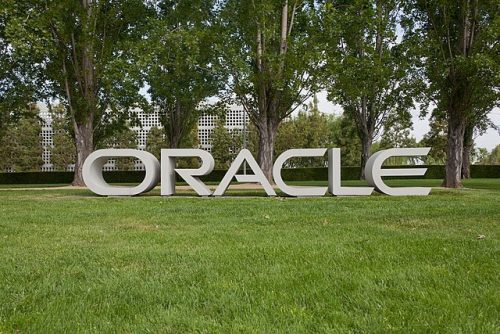Oracle's entry into the Red Hat Enterprise Linux (RHEL) Linux source-code conflict was anticipated, given the long-standing rivalry between the two tech giants. On July 10 2023, Oracle's chief corporate architect Edward Screven and Linux development head Wim Coekaerts launched a scathing attack on IBM, accusing them of eliminating cost-saving alternatives for clients and aiming to corner more revenue by deleting CentOS as an RHEL alternative.
The conflict between Oracle and IBM dates back to 1977, when Oracle founder Larry Ellison adopted IBM's relational database architecture and SQL to build his business. Similarly, Oracle and Red Hat have had a tumultuous relationship, with Oracle introducing its RHEL clone, Oracle Unbreakable Linux, in 2006.
However, recent developments have seen improvements in Oracle and Red Hat's rapport, with RHEL being made available on Oracle Cloud Infrastructure earlier this year. Despite this, tensions resurfaced as Red Hat decided to discontinue releasing RHEL's code and only distribute CentOS Stream's code, citing the need to compensate its developers fairly.
Oracle swiftly seized this opportunity to promote its open-source Linux approach. Unlike IBM's subscription agreements that restrict RHEL's redistribution and usage of GPLv2 rights, Oracle has always freely provided its Oracle Linux binaries and source to anyone without any restrictions.
Oracle's commitment to Linux freedom is further underscored by its promise to continue distributing Linux binaries and source code while engaging with distributors to simplify the process and collaborate on Oracle Linux content. Oracle's Linux compatibility with RHEL will persist until version 9.2, after which further compatibility will be uncertain without access to RHEL's source code. However, Oracle assures customers that they will address any compatibility issues if they arise.
The conflict escalated, with Oracle criticizing IBM's reluctance to publicly release RHEL source code, suggesting that it might be to avoid paying its developers. This drew responses from Red Hat's employees on social media, who vehemently denied such claims and called Oracle's accusations baseless and opportunistic.
Despite Oracle's hefty commitment to Linux freedom, Oracle Linux currently holds little market share, mainly due to most customers being Oracle shops. Nonetheless, the company's strong foothold in the industry enables it to uphold its promises more effectively than most Linux distributors.
In a bold move, Oracle called on Linux developers who disagree with IBM's actions and believe in Linux freedom to join their ranks, indirectly challenging IBM's stance on compensating developers fairly. As the conflict continues to unfold, Red Hat's response has been minimal, and their silence speaks volumes. Nonetheless, Red Hat remains a formidable player in the open-source market, with its developers rallying against Oracle's accusations on social media.
























